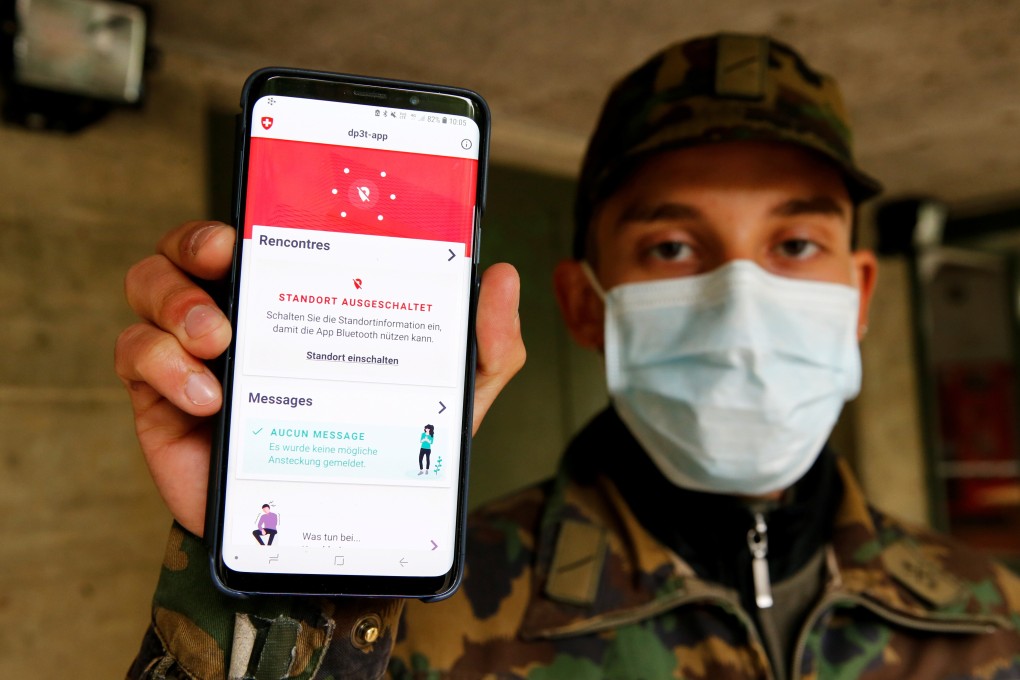Advertisement
Inside China Tech: Privacy vs urgency in Covid-19 contact tracing
- Smartphones now have the power to streamline contact tracing, but governments are using this to tackle the coronavirus pandemic in very different ways
- China’s start-up ecosystem is rising up the ranks, while several tech firms launched new initiatives to help street stalls and small businesses this week
Reading Time:3 minutes
Why you can trust SCMP

Good morning, this is Melissa Zhu from the SCMP tech desk in Hong Kong rounding up some of our key stories from the week.
In the past, contact tracing was done through in-person interviews with medical professionals. Now smartphones have the power to streamline and automate that process, making it a plausible way to help tackle the global coronavirus pandemic that has sickened millions and brought the world economy to its knees.
The one problem? Data privacy.
Advertisement
Our reporters Josh Ye, Coco Feng and Yujie Xue worked with the POLITICO team to compare the very different approaches developed by China and the West to tackle this dilemma in an in-depth analysis.
China, hit first by the disease, has been quick to experiment with digital contact tracing. It enlisted domestic tech giants to build QR-code-based quarantine apps during the early stages of the outbreak, collecting a vast swathe of user data – including location – in the meantime.
Advertisement
In contrast, the approach to contact tracing inside the privacy-conscious US has been fragmented and slow to launch, with no national programme in place and every state left to decide whether, or how, to pursue the technology.
Advertisement
Select Voice
Select Speed
1.00x